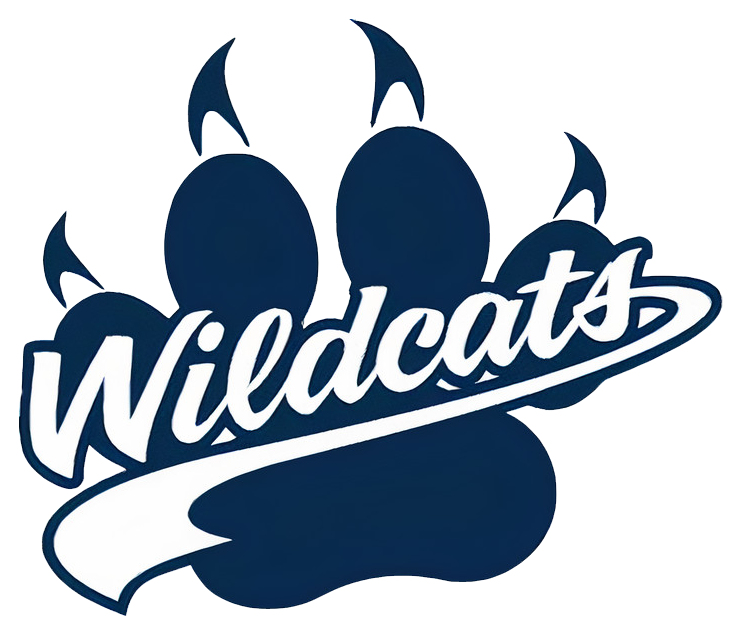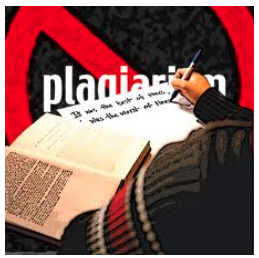PLAGARISM, PIRACY & ACADEMIC INTEGRITY
Academic Integrity Policy
Because academic integrity is a cornerstone of any school's commitment to the principles of free inquiry. Students are responsible for learning and upholding professional standards of research, writing, assessment, and ethics in their areas of study. In the academic community the high value placed on truth implies a corresponding intolerance of scholastic dishonesty. Written or other work which students submit must be the product of their own efforts and must be consistent with appropriate standards of professional ethics. Any form of dishonest or unethical behavior, is prohibited.
There are many different forms of academic dishonesty. The following kinds of honesty violations and their definitions are not meant to be exhaustive. Rather, they are intended to serve as examples of unacceptable academic conduct.
CHEATING
PLAGIARISM
FABRICATION: Falsifying or inventing any information
FACILITATING ACADEMIC DISHONESTY: Aiding another person in an act that violates the standards of academic honesty..
FALSIFYING RECORDS AND OFFICIAL DOCUMENTS
MULTIPLE SUBMISSION: Submitting the same work in two or more courses
COMPUTER MISUSE: Using technology to plagiarize, or violate copyright law, or tamper with another's work.
A breakdown of behaviors that constitute academic dishonesty can be read in the attachment ACADEMIC INTEGRITY published by the Central Michigan University also see the Center For Academic Integrity . The definitions and clarifications are meant to provide additional information and examples of these behaviors. They are not intended to be all-inclusive.
What is plagiarism?
Simply put, plagiarism is the use of another's original words or ideas as though they were your own. Any time you borrow from an original source and do not give proper credit, you have committed plagiarism and violated U.S. copyright laws.
Piracy or Intellectual Property refers to the ownership rights of materials, created, written, designed or expressed by individuals. These materials include music, games, movies, photos, and writing. Illegally downloading or sharing intellectual property without the permission of the creator is a crime punishable by law.

